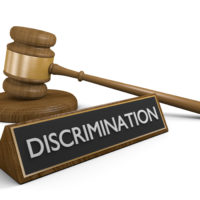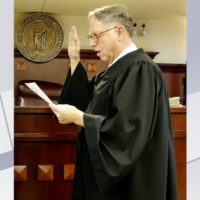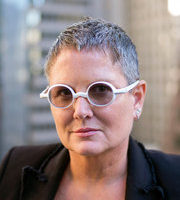A federal appeals court on Thursday lifted an injunction on a Mississippi law that grants private individuals and government workers far-reaching abilities to discriminate against lesbian, gay, bisexual and transgender people on religious grounds, though lawyers said the law was likely to remain blocked for the time being during the appeals process.
Thursday’s decision, issued by a three-judge panel of the United States Court of Appeals for the Fifth Circuit, is part of a legal drama being closely watched by gay-rights advocates and religious conservatives. The state law, titled the Protecting Freedom of Conscience from Government Discrimination Act, was signed by Gov. Phil Bryant, a Republican, on April 5, 2016. It is considered the most aggressive of several state-level conservative responses to the United States Supreme Court’s legalization of same-sex marriage in 2015.
According to a legal analysis released last year by Columbia University, the Mississippi law would, among other things, allow government clerks to opt out of certifying same-sex marriages (though only if the marriage is not “impeded or delayed” by their decision) and allow businesses to deny wedding-related services to same-sex couples if their marriage contravened “a sincerely held religious belief or moral conviction.”
It would allow religious organizations to engage in job and housing discrimination against L.G.B.T. people; allow public school counselors to refuse to work with L.G.B.T. students; and potentially force child-welfare agencies to place L.G.B.T. children with anti-gay foster or adoptive parents.
The law also contains provisions that could potentially affect single heterosexual people. “For example,” the authors of the analysis wrote, “it would allow a religious university to fire a single mother working in its cafeteria, who supports her children on her own, because the university has a religious opposition to sex outside marriage.”
Last June, just before the law was to take effect, a federal district judge issued the injunction, finding that the law violated the First and 14th Amendments to the Constitution.
Thursday’s 16-page ruling states, in essence, that the plaintiffs challenging the law, many of whom are gay Mississippi residents, lacked standing because the law had not yet injured them.
Click here to read the entire article.
The post Federal Court Lifts Injunction on Mississippi Anti-Gay Law appeared first on Time For Families.
Source: Time for Families
















